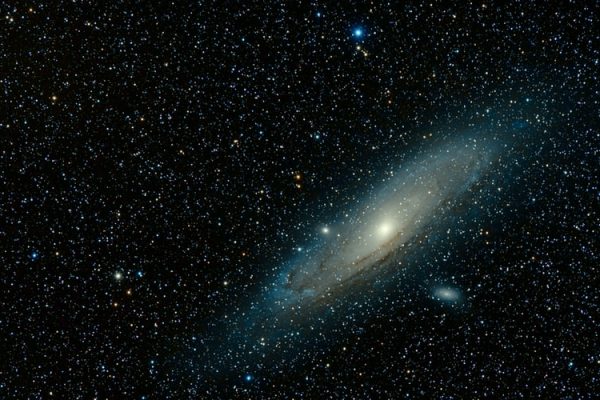Are questioning, reflection and contemplation not elements in the toolbox of the scientific method too?
Are questioning, reflection and contemplation not elements in the toolbox of the scientific method too?
“Faith does not give you answers, it just stops you asking the questions.”
This is the strapline of a meme on the classic Science vs Religion debate. Yet whilst such memes present a false dichotomy – for they suggest that the two are mutually exclusive – they also raise some interesting questions on the extent to which we as human beings value ‘questioning’. For example:
- Any teacher will tell you that asking questions is the best way pupils will learn.
- Everyone knows that a lecture or presentation that ends without a single interesting question being asked by the audience, is a sign of a poor lecture or presentation.
- And lastly, asking questions is at the core of science – the method of studying the natural world through the tools of observation and experimentation (leading to inductive arguments, as opposed to deductive arguments) – which has led to enormous advancements in technology, healthcare and standard of living for human beings.
Thus, it is no wonder that when there are cases of religious clerics, scholars or ministers making statements such as “you can’t question that” or “stop asking questions, just believe” or similar, then religion may gain a reputation as something which at best dislikes being questioned, and at worst condemns those who question and considers their questions blasphemous, leading to many losing faith in God.
This is in stark contrast to what many religions actually say about questioning and the value of using our intellect to explore the truth. For example, in Islam, the Quran states:
- Do they not contemplate within themselves?… (30:8)
- …And these examples We present to the people that perhaps they will give thought. (59:21)
- And when it is said to them, “Follow what Allah has revealed,” they say, “Rather, we will follow that which we found our fathers doing.” Even though their fathers understood nothing, nor were they guided? (2:170)
The last verse, in particular, admonishes people for blindly following what their predecessors followed. In many ways, this is the same as the spirit of the scientific method – namely that we should continuously question and challenge the assumptions of previously discovered laws or theories, via questioning and contemplation in light of new evidence. Indeed, the Prophet Muhammed (pbuh) is recorded to have said:
“One hour’s contemplation is better than seventy years of (ritual) worship.”
Are questioning, reflection and contemplation not elements in the toolbox of the scientific method too?
Of course, what comes after questions are answers. In the context of the Science vs Religion debate, this often refers to answering the fundamental questions such as:
- Where did the universe come from? And does it have a goal or purpose?
- Is the theory of evolution compatible with creation in explaining the existence of life on Earth?
- Is there life after death?
Each of these questions requires a separate article to cover. Some we can answer using the tools of the scientific method – sense observation and experimentation – while others require different tools such as deductive reasoning.
But with everything, our search for the truth begins in the same place: with questioning, reflection and contemplation – and these are certainly not the exclusive realm of science.
“We don’t need God, we have Science” in conversation with Sayyid Hassan Al-Sadr, will take place at the next The Paradigm Shift event on 13th October 2018, 6-8pm. For more information visit our website here






